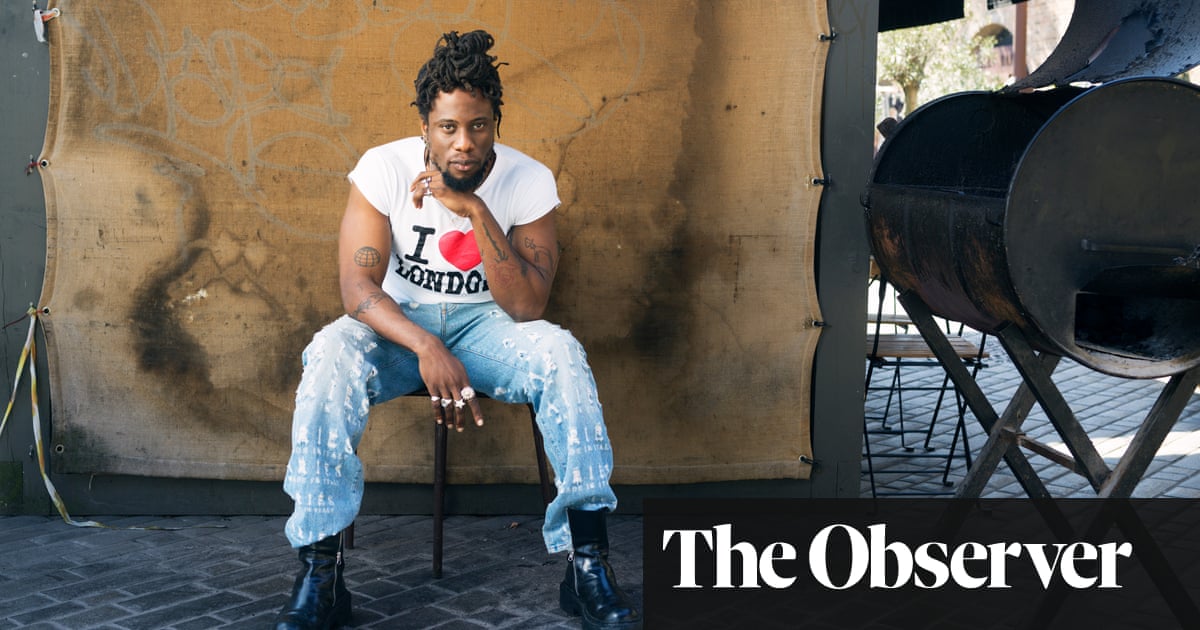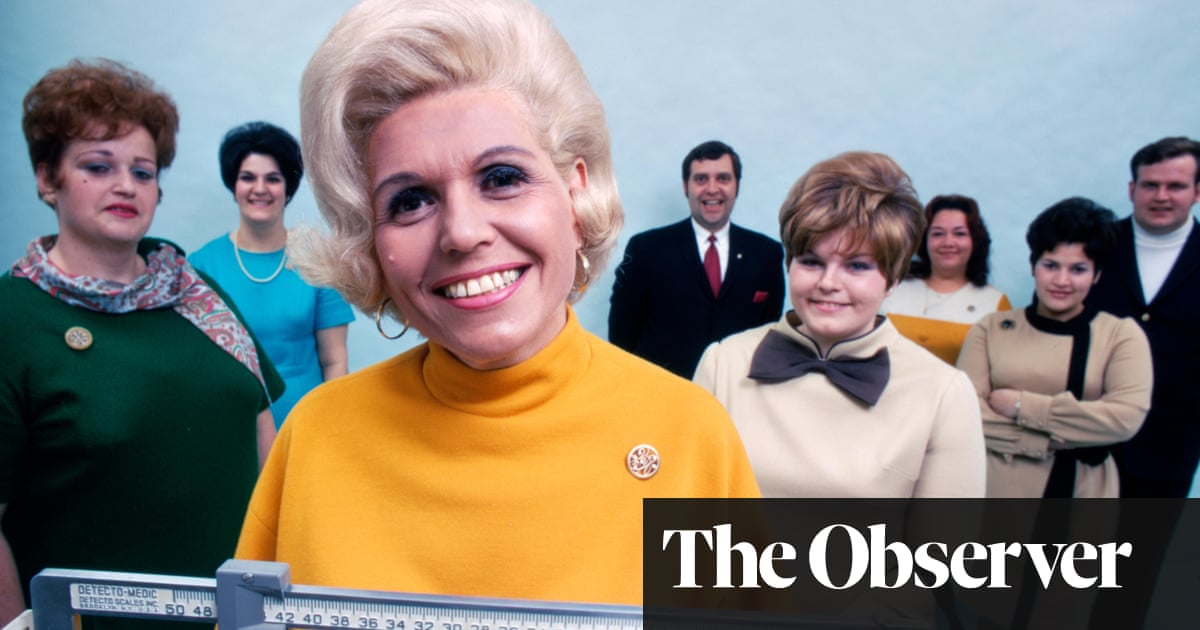It’s a slip of a thing, clocking in at a tight 90 minutes; a deft, light-footed amalgamation of two potentially formulaic comedy genres: the road movie and the mismatched buddy flick. But the second directorial venture from actor Jesse Eisenberg, which he also wrote and stars in, is considerably more than the seemingly slight sum of its parts. A Real Pain is a whip-sharp comedy driven by the rattling verbal sparring between uptight, neurotic David (Eisenberg) and his outgoing, unpredictable cousin Benji (Kieran Culkin). It’s also a profound character study – a substantial and emotionally nourishing journey that contains, courtesy of Culkin, perhaps the most devastating final shot of any film you will see this year.
It’s a notable step up for Eisenberg as a writer-director. His 2022 debut, When You Finish Saving the World, was an abrasive comedy of discomfort which, like A Real Pain, dug into the tensions between disconnected family members (in this case, Julianne Moore’s steely, do-gooder mother and Finn Wolfhard’s feckless aspiring musician son). It was a passably entertaining comedy drama; however it failed to connect with audiences largely because Eisenberg leaned on tired archetypes instead of creating fleshed-out characters for the central roles. There’s no such problem with A Real Pain: the writing is sublimely satisfying and textured, the characters persuasively realised, and the jostling, combative dialogue feels fully alive and refreshingly unpredictable, rather than a laboured assortment of words on a page.
What undoubtedly helps is that there is so much of the essence of Eisenberg in the writing. The film, which follows two Jewish-American cousins on a trip to Poland to honour their recently deceased Holocaust-survivor grandmother, navigates Eisenberg’s own conflicted feelings about everything from generational trauma to Holocaust tourism (he has said in interviews that the initial inspiration for the film was an incongruous advert promising a “Holocaust tour, with lunch”). And while David is the more recognisably Eisenberg-esque character of the two – his performance is a jittery symphony of social discomfort, replete with tics and winces – the director also drew on his own life and experiences when writing the character of Benji, a gregarious, directionless stoner who still lives in his mother’s basement.
That said, it’s hard to imagine Benji played by anyone other than Culkin, who brings a touch of his Succession character Roman Roy’s love-him-or-hate-him provocation and profanity, but gradually reveals a well of raw anguish and suffering under the glib insults and one-liners. It’s a career-defining performance for Culkin, and one that deservedly won him the Golden Globe for best supporting actor last week.

Eisenberg’s accomplished direction strikes a delicate balance between irreverence and pathos, between pacy, quickfire comedy and the moments in which the confluence between the past and the future weighs so heavily that it’s hard to breathe. He makes it seem effortless. However, anyone who saw the similarly themed Treasure last year, starring Stephen Fry and Lena Dunham as a father and daughter reconnecting with their Jewish roots in Poland, will attest that it is horribly easy to make a honking, tone-deaf misfire out of material like this.
The charged bond between the cousins is the heart of the film. Close since childhood, theirs is a loving but conflicted relationship that, for reasons which become clear, has grown increasingly fraught of late. Equally revealing is the way they relate to the world around them. David loiters, painfully self-conscious, on the periphery of conversations; Benji plunges in with abandon and emerges with shared secrets and potted life stories.
For better or worse, Benji leaves a mark on the other members of the tour group; David barely registers as an afterthought. But the social ease with which Benji is blessed doesn’t mean that he is at peace as a person. Quite the opposite. The lack of filter that permits him to break the ice and bond with strangers also means that he lashes out indiscriminately – at the hapless British tour guide (a droll turn from Will Sharpe); at his cousin, for having the temerity to move on with his life and start a family; at his fellow travellers and the inherent tackiness of luxury trauma tourism.
Eisenberg’s soundtrack choices – the film plays out to busy, nervy piano pieces by Chopin – work neatly, providing a brisk rhythm for the metronomic editing of snapshots of modern-day Poland. The real power, though, comes when the bustling music stops and we finally start to grasp the terrifying emptiness and uncertainty that Benji faces.
-
In UK and Irish cinemas

 3 months ago
62
3 months ago
62













































